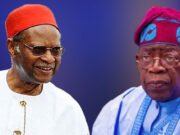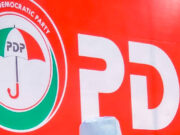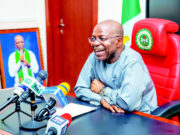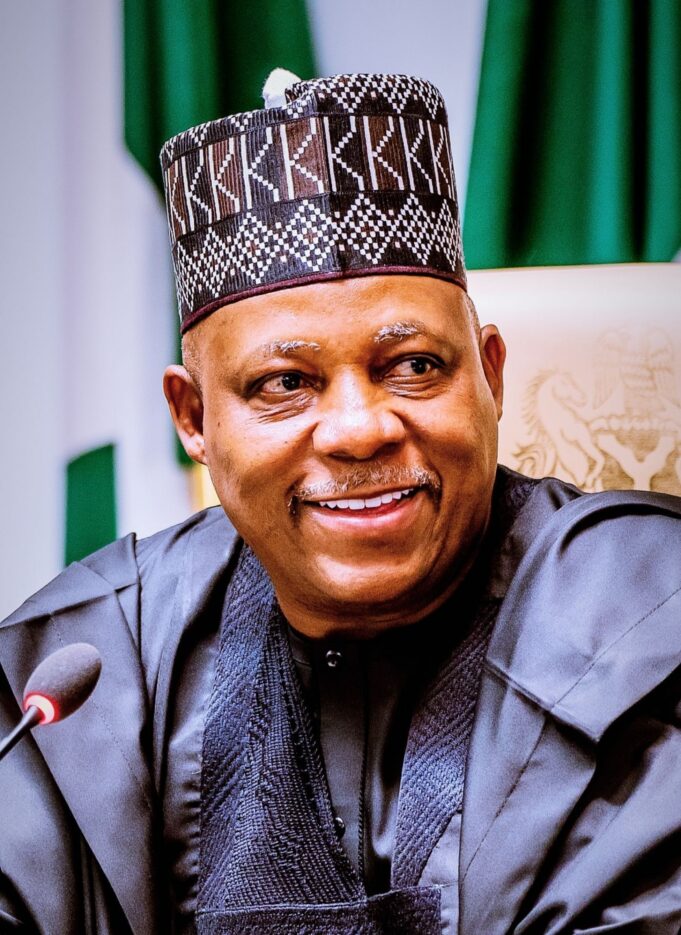Vice President Kashim Shettima has urged the Central Bank of Nigeria (CBN) and commercial banks to address the ongoing cash scarcity and the arbitrary charges imposed by point-of-sale (POS) operators.
He made the appeal during the 2024 annual retreat of the Bankers Committee in Abuja on Friday.
Represented by Dr. Tope Fasua, his Special Adviser on Economic Matters, Shettima emphasized the need to resolve issues that hinder the government’s efforts toward financial and economic inclusion.
He noted that Nigerians have expressed frustration over their inability to access cash when needed, and the high, often arbitrary, charges levied by POS agents.
“There have been complaints from Nigerians about exploitation by street-level POS operators, who impose high and arbitrary fees,” Shettima said.
“We are confident that, through your concerted efforts, these issues can be resolved.”
The Vice President also called for increased focus on financing Micro, Small, and Medium Enterprises (MSMEs), urging the Bankers Committee to continue supporting federal and state government initiatives aimed at reducing consumer credit costs.
In addition, Shettima revealed that the National Bureau of Statistics is working on rebasing the economy, GDP, and Consumer Price Index, noting that the last rebasing was conducted over a decade ago, well beyond the recommended timeline set by the World Bank.
During his opening remarks, CBN Governor Olayemi Cardoso acknowledged the financial crisis the bank inherited.
He noted that over the past eight to nine years, Nigeria’s economy grew at an average rate of 1.8 percent annually, while money supply increased by about 13 percent.
As of the end of 2022, Nigeria’s outstanding Ways and Means borrowing was approximately 11 percent of GDP, which Cardoso described as a “world record.”
Cardoso emphasized the need for robust and innovative solutions to address the country’s financial challenges.
He urged the committee to consider ways to foster an ecosystem that supports innovation and builds a more inclusive economy.
“The solutions to these challenges must be equally robust and challenging,” he said, stressing the importance of reinforcing the social contract with the Nigerian people to build a more inclusive and prosperous economy.
















